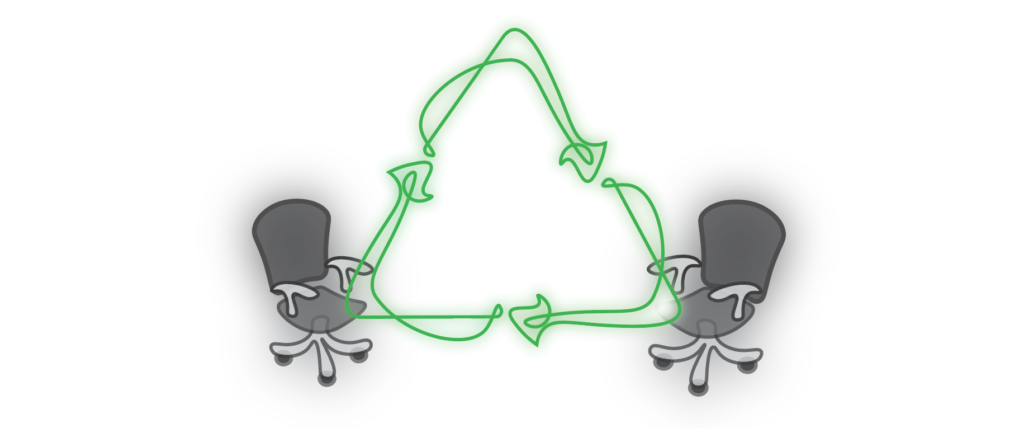The short answer: Yes and no. Let’s dive into it.
As a music fan myself, it’s nearly impossible for me to complete any daily task without a song playing in the background. Whether I need something to hum along to while I tidy my space or need some instrumentals playing while typing up the new blog piece, music provides a soundtrack to my daily tasks and, arguably, assists with my productivity.
Music and its effect on work ethic and productivity is not a new notion being delved into; it’s been researched thoroughly and substantially, especially within recent years as work ethics and work environments modernize and evolve.
So as curiosity rises, we begin to wonder, in what ways does music contribute to a productive work environment, if at all?
When you’ve got your headphones on, not only are you (hopefully) getting down to the song of choice and blocking out distracting background noises, but releasing a feel-good neurotransmitter called dopamine.
According to Psychology Today, Dopamine is an extremely important neurochemical that boosts mood, motivation, attention, and also assists in regulating movement, learning, and emotional responses. It makes us feel the same way as we do when we eat something that tastes good or gaze out upon a breathtaking view.
It is, however, important to acknowledge the fact that each individual works differently, and one method of increasing productivity might not work the same universally. But is it the music that inhibits productivity or is it the dopamine being released?
According to Codersera, a meta-analysis titled the Mozart-effect-Schmozart-effect, it is suggested that music has little to no effect on performance, and instead, improved the individual’s mood by way of dopamine being released. An increase in a positive mood means an increase in performance. That makes sense, right?
Another study dove into analyzing 56 software engineers in two different environments: one working with music on, and the other with music off. It was concluded that in the environment where music was playing, a positive correlation between quality of mood and quality of work followed.
All this delving into music and its seemingly indirect correlation with productivity is making me wonder, however, what kind of music is best for each working environment? It got me thinking about my own personal experience with music and productivity as well. Instrumentals like Khruangbin and Tommy Guerrero are some go-tos for any writing or literary task, while catchy lyricism and upbeat melodies from Mk.Gee and Local Natives strum away in the background of busywork.
After looking into the details, it’s been found that depending on the task at hand, differing music genres can contribute to varying results.
It’s been found that playing music that you enjoy inhibits a better mood since your brain is releasing high amounts of dopamine. The high levels of dopamine may contribute to higher levers of productivity, though it’s important that instrumentals are played in the background of writing tasks. If you would prefer lyrics, try giving a listen to songs you don’t know very well; you probably won’t be distracted by belting the words to a familiar tune.
Where there are higher levels of concentration required, complex tracks will definitely be more distracting than effective in boosting productivity. However, if the task is a repetitive one, music (any kind at all, really), appears to serve as a beacon of productivity support.
So does music actually boost productivity?
Not quite.
It’s great as background instrumentals to your tedious tasks, but if you have to have some lyrics to sing along to, it serves best as a soundtrack to your busywork!



